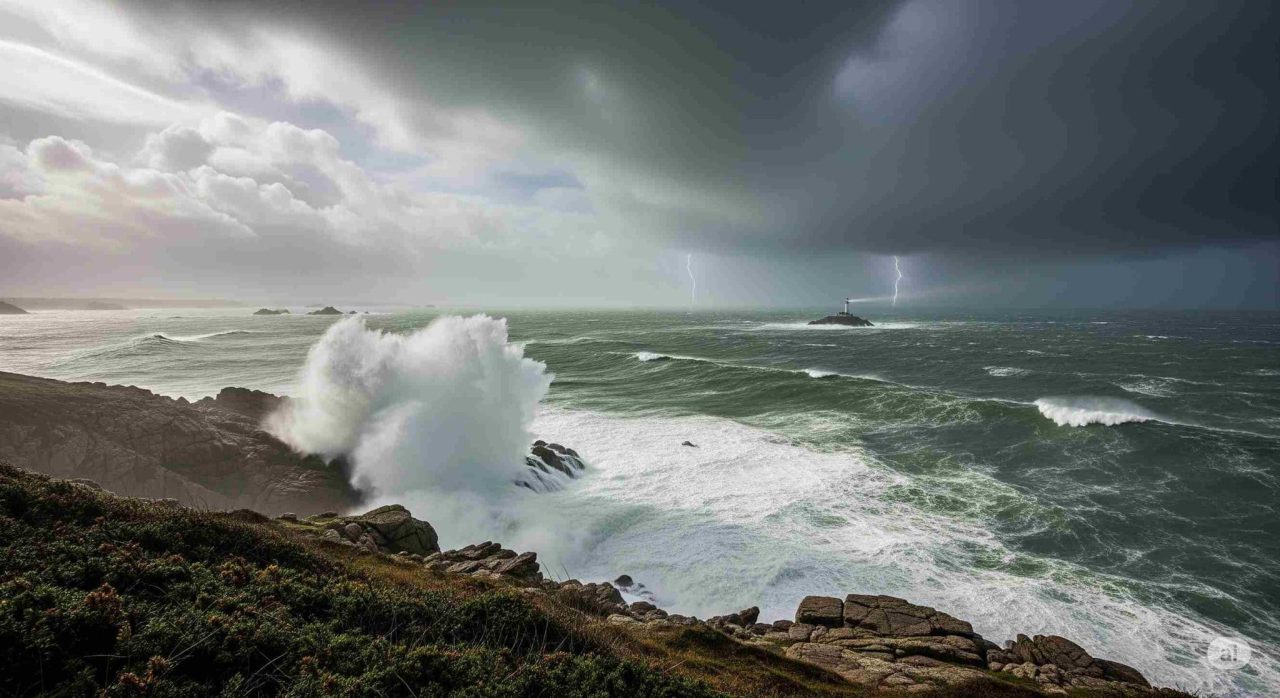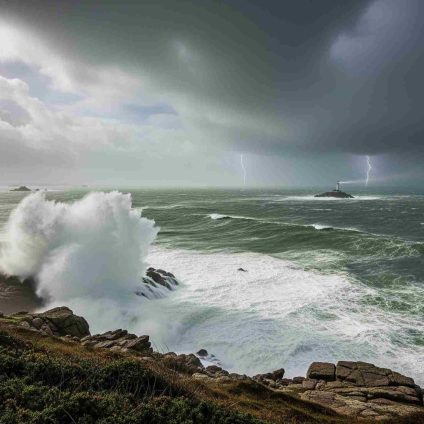Trump’s budget cuts to key U.S. science agencies are pushing Europe to develop its own climate and weather data infrastructure, fearing loss of access.

Europe prepares to replace U.S. climate and weather data
European governments are preparing to wean themselves off U.S. scientific research after sweeping budget cuts by President Trump to NOAA and other federal agencies. Until now, the United States had provided free, up-to-date scientific data on climate change, extreme weather, and sea level rise. But with Trump back in the White House, European nations fear they can no longer rely on Washington and are gearing up to go it alone.
European countries are exploring concrete ways to enhance their own data collection systems, including the possibility of recruiting U.S. scientists displaced by the federal government. The effort is beginning to resemble a brain drain from the United States, according to interviews conducted by Reuters with several European officials.
The impact of Trump’s cuts to NOAA
Nearly 800 of NOAA’s 12,000 employees have been laid off or offered buyouts. The White House’s proposed budget for fiscal year 2026 slashes NOAA funding by $1.8 billion, a 27% cut, along with further staff reductions.
The plan would eliminate NOAA’s Office of Oceanic and Atmospheric Research (OAR), the main body overseeing ocean observation systems, including the Argo program, which combines coastal monitoring stations, satellite sensors, and climate research labs. Between April and June, NOAA announced the shutdown of 20 databases and products related to earthquakes and marine sciences.
Trump’s cuts extend beyond NOAA. Agencies such as the National Institutes of Health, the Environmental Protection Agency (EPA), and the Centers for Disease Control have also been targeted, dismantling research programs in climate, meteorology, earth sciences, and public health. Some public databases containing critical information have already been removed.
Programs tracking air and ocean temperatures have been especially affected, and they are not easily replaceable. This is one reason the EU wants to replicate them. The loss of this data will make it harder to prepare for disasters, combat harmful algae blooms, improve sustainable fishing methods, and develop new medical treatments.
European governments express growing concern
European officials have voiced serious concern that without continuous access to U.S. meteorological and climate data, governments and businesses will struggle to plan for extreme weather events and long-term infrastructure investments. As early as March, several EU countries urged the European Commission to act quickly.
A major concern is the potential defunding of the Global Ocean Observing System, which supports maritime navigation, global shipping, and storm forecasting. These databases are also crucial for assessing the viability of offshore wind energy projects.
According to an EU Commission official, Brussels is considering increased funding for the international Argo program, which relies on a global network of sensor buoys to monitor ocean temperatures and sea level rise.
Currently, the U.S. covers 57% of Argo’s $40 million annual operating costs, while the EU contributes 23%. With uncertainty around continued U.S. support, Europe is seeking to fill the gap. Over the past 25 years, NOAA has funded more than half of global ocean measurements, but Trump’s policies now threaten that leadership.
“It’s like defense, we depend heavily on the U.S. in this sector too. They’re innovators and a global benchmark, but this dominance also makes us reliant on them,” Katrin Boehning-Gaese, scientific director at Germany’s Helmholtz Center for Environmental Research, told Reuters.
Guerrilla archivists fight to preserve data
Immediately after Trump’s return, scientists and citizens worldwide began downloading U.S. climate, health, and environmental databases, fearing they might be deleted. Nordic countries reportedly met in the spring to coordinate data archiving efforts, and European ministers discussed the issue in Paris this past May.
Norway allocated $2 million to back up U.S. data, and Denmark’s Meteorological Institute began downloading U.S. climate archives in February. While weather models would still function, officials warn of a significant drop in quality. In response, the German government has asked its scientific institutions to reassess their dependence on U.S. datasets.













